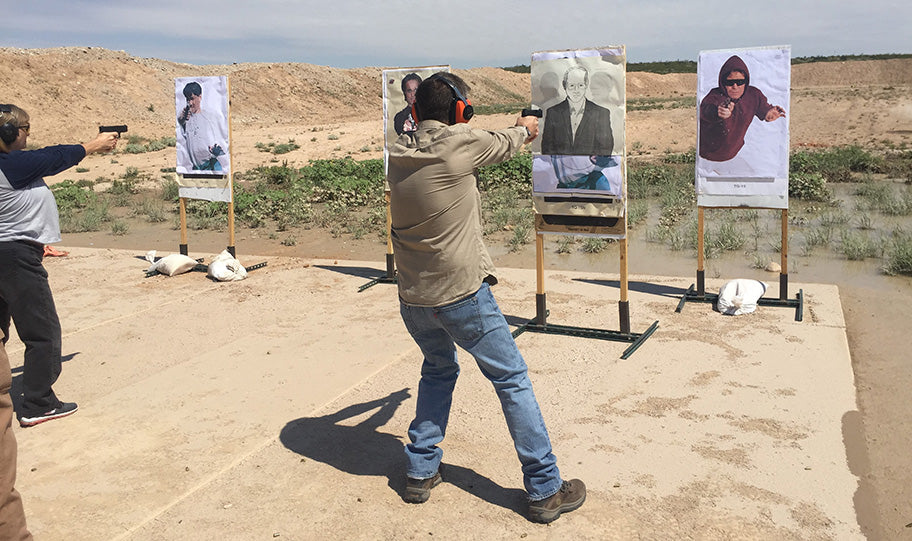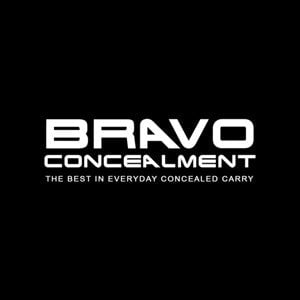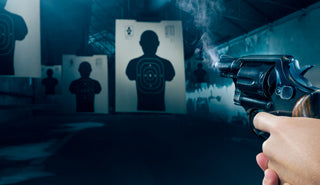
As of this writing, a majority of US states, 26 to be exact, have enacted so-called Constitutional carry, also called permitless carry. In case you’ve been living under a rock, Constitutional carry is the term to indicate no license is required to carry a concealed handgun.
At face value, Constitutional carry is a win for those of us who embrace the Second Amendment and personal liberty. At the same time, it’s not exactly news that with freedom comes responsibility. The following is an examination of potential risks and benefits from both perspectives, with the intent of filling in with useful information the gap between staunch supporters of permitless carry and those who recommend licensure. In an era that has seen divisive, campy thinking invade many aspects of life, gun owners need not be divided by similar all-or-nothing alliances. By examining the holes in arguments for and against licensure and training for it, there is much common ground to tread.
Privacy Risks of Licensure

In an age when hackers or government agencies* with anti-gun agendas could potentially obtain the names and physical addresses of licensed carriers, and use that information to exploit their cause, some people have avoided licensure in the name of privacy. Although my home state expressly prohibits the licensee roster from being exposed, virtually every database is hackable—and its subjects are thus potential “doxing” victims, in a worst-case scenario, though to my knowledge this has not happened with concealed carriers as a target.
A significant number of people avoid becoming licensed and/or gun purchases involving ATF Form 4473 for these security risks. The downsides of doing so include increased risk of purchasing a stolen gun or being profiled by media or law enforcement as suspicious should these preferences become relevant in a self-defense case, and the potential for being cited if either of these regulatory-avoidance tactics violate local law. My previous article on purchasing used guns discusses ways to mitigate some of these risks. In essence, avoiding potential privacy pitfalls comes with its own set of risks. It’s up to you to perform your own risk/benefit analysis.
Expense of Licensure
Some states, especially those that have opened up to grant concealed carry permits to any US citizen regardless of residence, are probably enjoying minor increased revenues from the popularity of these programs. That might be good or bad depending on your perspective.
At the individual level, obtaining a concealed carry permit comes with a cost. These costs range from $25 for a simple background check-only qualification to hundreds of dollars in some states for the permit itself. When classes are provided by private parties and required by the issuer, the cost of a license can be prohibitive for many people. In this way, concealed carry systems are a sort of tax on the individual. And it can easily be argued that impoverished people, people escaping household violence, and people with less access to guns and places to practice suffer greater financial discrimination than others where licensing programs are concerned. Take a minute to imagine how gun ownership rates might be different if every high school senior were offered gun training as an optional but ubiquitous choice, similar to, say, showing up for and purchasing senior photos? How many licensees would there be if licensure was free and promoted in state offices, much like motor vehicle departments offer voter registration alongside driver and car licenses?
Benefits of Licensure
Turning to the benefits of being licensed, including licensure, there are a few, even in permitless carry states. Most states have restrictions on the wearing of a gun, open or concealed, in certain places, often including alcohol outlets, hospitals, schools, and churches. The accidental or purposeful sight of a gun in these locations has the potential to result in legal charges. The level of charge may range from misdemeanor to felony. With licensed carry, it’s possible to carry legally in more places.
In some states, having a current concealed carry license allows gun purchasers to expedite the purchase of firearms from an “FFL” (federally licensed retailer). This is a great advantage for license holders, who are, as a group, among the most law-abiding in the nation.
For many people, the best upside of being licensed is the ability to travel armed through other states that recognize their permit. Most people perceive greater risk of being the target of crime when traveling than when in familiar territory. Great peace of mind can be derived from traveling armed. Just remember that it’s the gun owner’s responsibility to know and follow the rules of each jurisdiction.
Benefits of Licensure-Related Training

“Training” and “licensure” for concealed carry are separated here because they are separate processes. Not all states require training, only a background check and application, for licensure. Other states have training requirements, the curricula for which range widely in time and content. Whether these processes are legally linked, every state has competent instructors for pretty much any topic related to concealed carry.
There are a few blindsides to embracing carry without training. No one was born knowing the laws regarding gun carry in various locations in their home state, and could unknowingly violate them and end up with legal burdens. But to my observations, the biggest drawback to carrying without any, or with minimal, training is related to not knowing what we don’t know about safe gun handling and storage, the legal use of deadly force, effective deployment of a gun in self-defense, and post-event behaviors and interactions with others.
Yes, it feels good to proclaim, “The Second Amendment is my concealed carry permit.” But to neglect training is to assume understanding of some topics that can come back to bite your physical or legal butt later. This includes military veterans. With few exceptions, most have not had training related to concealed carry or the Constitutional use of deadly force.
Why the Fervor?

The paragraph above probably raised a few flakes of dander with some readers. I am in philosophical agreement with my fellow gun owners who feel their rights trump all. So, why am I so fervent about training? Because It only takes a year or two of watching the news to understand that lack of training—not knowing what we don’t know—can lead to stupid, sometimes tragic mistakes with guns. I don’t want to see any good person go to prison or a life lost because of ignorance. And I definitely don’t want to suffer more gun control because someone else set a bad example and drew a few more fans into the gun control camp.
Yes, I make some of my living with training. It’s not a high-paying job, and I have other options. So, what’s my motive in promoting training so fervently? My reason is actually well-aligned with some who might take offense at the idea of licensure and training: it’s about freedom. When a lawful gun owner makes an ignorant mistake that sends a round where it doesn’t belong, and that incident ends up in the news, another log is thrown onto the fire tended by gun control advocates. It’s up to all of us not to give them new fuel. Self-protection, the competent carry of a gun, the ability to problem-solve without applying unnecessary force, and the ability to effectively use force and articulate why force was the best decision, is a journey that evolves along with life as family, work, and physical statuses change. Embracing the challenges of this journey with learning and dedicated practice is far more rewarding than embracing ignorance, and can result in benefits that extend well beyond the individual gun owner.
*It might sound paranoid if it weren’t current news. See this letter from Missouri Attorney General Eric Schmitt to FBI Director Chris Wray.



